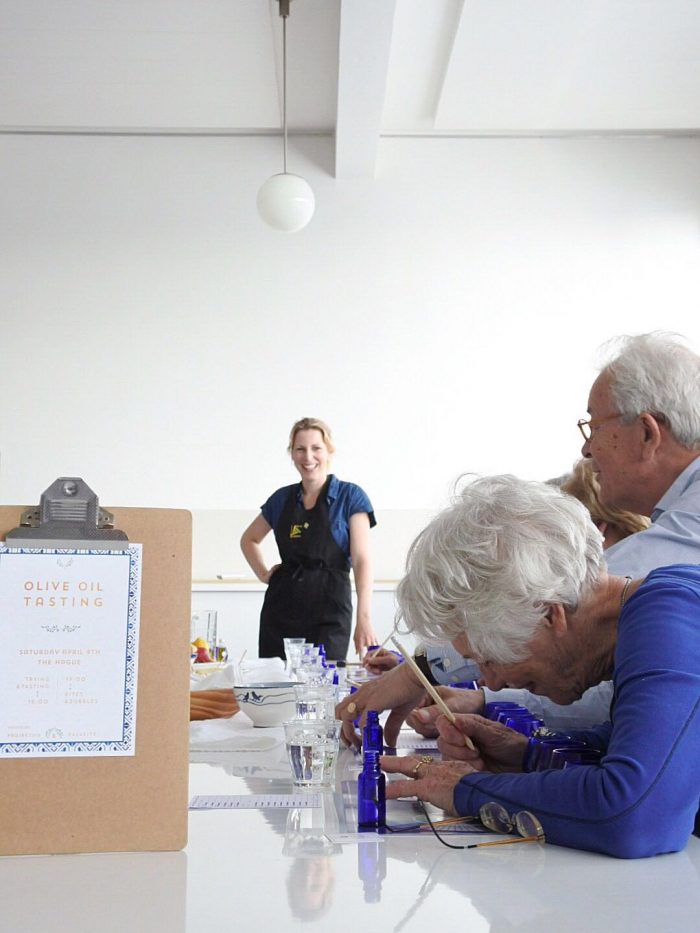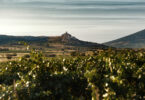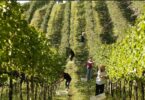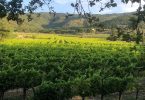The EVOO oil sommelier is still a little known figure, yet just as fascinating as that of the wine sommelier.
The culture of EVOO oil struggles to emerge and be known among consumers. The latter have little knowledge regarding such a precious product, as Extra Virgin Olive Oil, and this ignorance on the subject is often a source of unsuitable purchases that risk, among other things, compromising the health as well as not making food tasty.
Compared to the past, the EVOO world (although still lagging behind, in terms of communication with respect to the wine sector) is starting to take its first steps to train professionals who also act as intermediaries between professionals and consumers, offering, for example, courses of training for sommeliers.
If the world of wine is still predominantly very masculine, the olive sector attracts more women and female EVOO sommeliers are not a rarity.
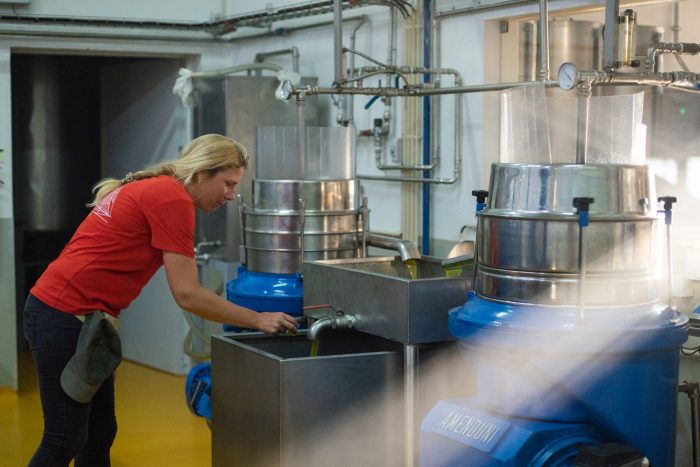
©©piteiraphotography
Marije Passos is one of them and is one of the most highly rated reference figures in the sector. Her adventure in the world of oil begins in Portugal when she takes over the grove of her in-laws in Passeite. Today, Marije teaches not only companies but also consumers.
Let’s find out more about her professionalism and some useful tips from her words.
For the interview click here.


